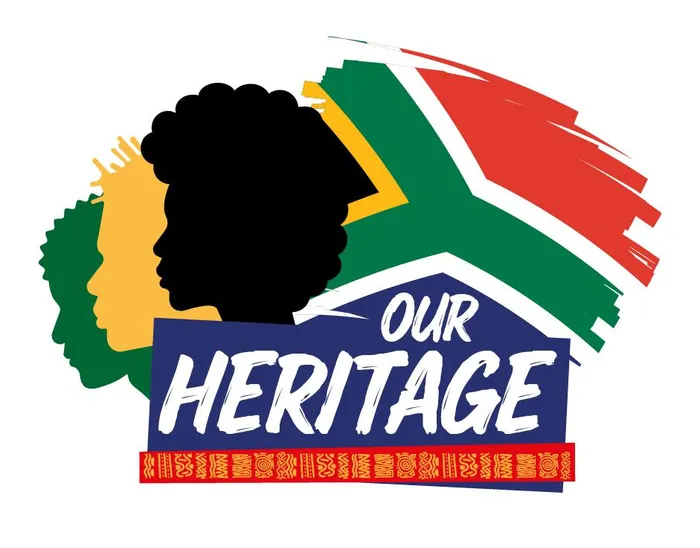
September is Heritage Month
Image: File
On 24 September, we celebrate Heritage Day—a reminder that South Africa’s true wealth is not only in our landscapes and languages, but in the ways we show up for one another. Heritage is the sum of what we choose to pass on.
In 2025, with economic strain at home and shocks reverberating across the world, the question for corporate South Africa is urgent: what heritage are we building—one of extraction or one of contribution?
As a governance and ESG practitioner in the retail sector, I spend my days at the intersection of ethics, strategy, law, and people. I’ve learned that resilient companies are built on more than compliant paperwork and quarterly results.
They are built on trust capital—the confidence that customers, employees, regulators, and communities place in a business because it consistently does the right thing, especially when conditions are hard.
Heritage Day offers us a clear call: to establish a heritage of corporate citizenship that is measurable, enduring, and integrated into the way we trade every day.
The business case is now the societal case.
South Africa’s reality is stark. Food inflation remains sticky, unemployment is structurally high, and households are under pressure. When communities weaken, every corporate KPI—from shrinkage to sales, from workforce stability to regulatory risk—feels the strain. Conversely, when communities are fed, dignified, and hopeful, commerce becomes possible.
For boards and executive teams, this is not charity talk—it’s strategy. An intentional Corporate Social Investment (CSI) portfolio:
Put simply: the most competitive companies in the next decade will be those that embed social value as a non-negotiable performance input—not a seasonal add-on.
In 2020, at the height of Covid-19, Feed the Nation Foundation (FTN) was born from a simple imperative: no child should go to bed hungry. Five years on, FTN is a national platform coordinating food aid through South Africa’s retail networks and NGO partners, with a specific focus on child-headed households—families where minors shoulder the responsibilities of adults.
Our model is practical and efficient: leverage logistics that already reach every corner of the country; channel corporate funding, in-kind goods, and customer micro-donations; partner with credible NGOs and local leaders who know the terrain; and report with clarity. Along the way, we’ve been joined by partners such as the Kolisi Foundation, City of Cape Town, Midea, ISUZU, EY and others who recognise that hunger is solvable when we collaborate.
This is what I mean by a heritage of contribution: something you can measure, explain, and—crucially—hand over to the next team stronger than you found it.
We often treat heritage as static—museums, monuments, days off. But for a young, diverse nation, heritage must be a verb. It is the practical act of weaving people back into the social fabric.
For corporates, that verb looks like:
When we embed these habits, we stop “doing CSI” and start being the kind of companies our grandchildren will be proud to inherit.
One in five South African households faces food insecurity; two in three children live in poverty. Behind those numbers are teenagers raising siblings, children choosing between school and survival, and young people locked out of opportunity because hunger erodes energy, dignity, and time.
FTN targets this reality directly. By stabilising food access in child-headed homes, we help keep children in school, reduce risk of abuse and exploitation, and give caregivers breathing space to pursue income. The ripple effects are profound: improved educational outcomes, reduced health costs, and safer communities. That is shared value of the most elemental kind.
At Pick n Pay, our ESG strategy is built on ethical governance, transparent reporting, and practical social impact. Through Pick n Pay’s PBO partner, FTN, we have a vehicle that any business—large or small—can join. The infrastructure exists. The partners are credible. The reporting is clear. And the need is immediate.
Heritage is not what we say on 24 September; it’s what our communities will still feel from us on 24 September five and fifteen years from now. Let’s choose to leave a trail of full lunchboxes, safer homes, and children who can concentrate in class because they ate breakfast. That is the South African story worth passing on.
If you are a corporate leader reading this, consider this your board-ready proposition: invest in a living heritage by funding food security at scale. Join us at Feed the Nation Foundation. Help us weave back what poverty has torn—and build a legacy that compounds in human potential.
This is how we honour Heritage Day: by feeding the future.
Vaughan Pierce is the Group Company Secretary & Head of ESG, Pick n Pay; Trustee of Feed the Nation Foundation. His views do not necessarily reflect those of the Sunday Tribune or IOL.